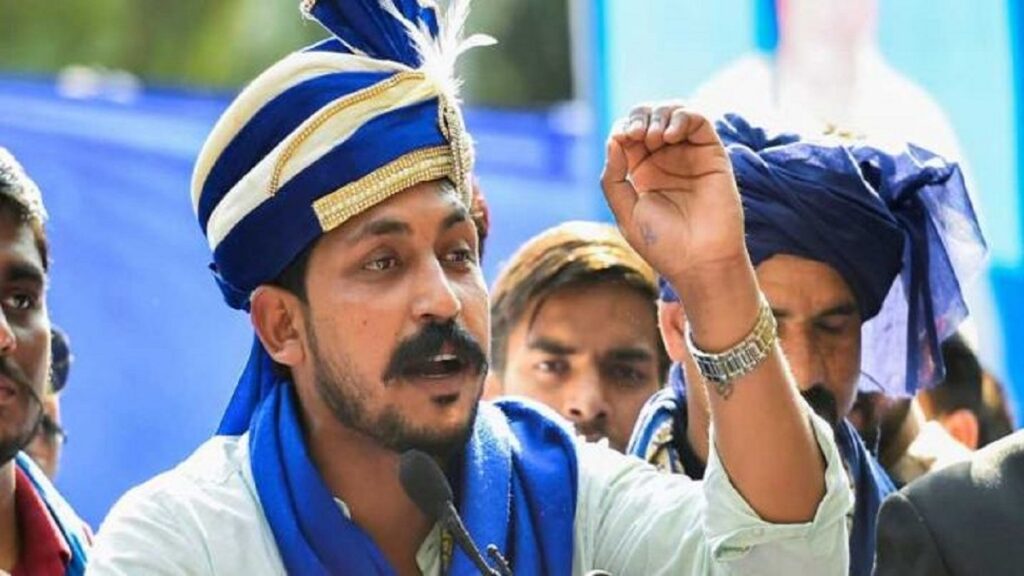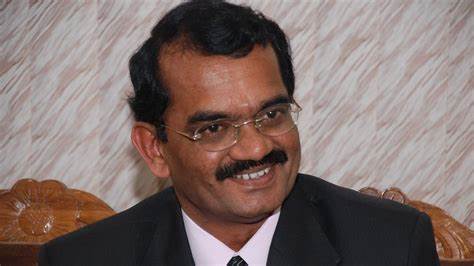Erdogan-Shehbaz Summit Reshapes Regional Diplomacy and Defense Cooperation
Amid rising regional tensions triggered by a military flare-up between India and Pakistan, Prime Minister Shehbaz Sharif of Pakistan met President Recep Tayyip Erdogan of Türkiye at the historic Dolmabahçe Palace in Istanbul. The meeting wasn’t just symbolic—it marked a strategic recalibration of regional power dynamics.
Had the honor of meeting my dear brother President Reccep Tayipp Erdogan in Istanbul this evening. Thanked him for his resolute support to Pakistan in the recent Pakistan India standoff which resulted in Pakistan's overwhelming victory Alhamdolillah!Conveyed the sentiments of… pic.twitter.com/EEYxZdIf7g
— Shehbaz Sharif (@CMShehbaz) May 25, 2025
Held as the opening leg of Sharif’s four-nation tour (including Azerbaijan, Iran, and Tajikistan), this summit came at a time when global observers were keenly watching South Asia’s stability. What unfolded wasn’t merely a ceremonial visit, but a detailed diplomatic dialogue aimed at bolstering bilateral defense, trade, and geopolitical solidarity. As tensions with India escalate, and with Türkiye continuing its assertive foreign policy in West Asia and Eurasia, this meeting reinforced an old alliance with renewed strategic vigor.
Defense, Diplomacy, and Regional Signaling: What the Meeting Achieved
The Shehbaz-Erdogan meeting served as a high-impact convergence of defense cooperation, strategic diplomacy, and symbolic signaling within a volatile regional context. Amid heightened India-Pakistan tensions after the Pahalgam attack, Türkiye’s vocal support for Pakistan — especially its endorsement of an international investigation and caution against escalation — was not just a diplomatic gesture but a clear geopolitical message. Erdogan’s emphasis on deepening defense and intelligence collaboration, backed by the presence of top Turkish ministers in foreign affairs, defense, and intelligence, underscored Ankara’s intent to solidify a long-term security partnership with Islamabad. The proposed enhancement of joint military training, counterterrorism operations, and technological cooperation points to a more synchronized security framework between the two nations.
Diplomatically, the Istanbul meeting was loaded with calculated symbolism: from Erdogan’s warm reference to Pakistan as a “brother nation” to public hand-in-hand appearances, all broadcasted against a backdrop of growing India-Turkey strains. While Turkey reiterated its willingness to mediate in South Asia if invited, the meeting unmistakably tilted Ankara’s position closer to Islamabad’s strategic posture. The reiteration of the $5 billion trade target, efforts to operationalize the Istanbul–Tehran–Islamabad railway, and strong alignment on the Palestine issue added layers of soft power and economic diplomacy. Additionally, Erdogan’s special acknowledgment of Field Marshal Asim Munir extended the Turkish outreach directly to Pakistan’s military establishment, reinforcing the convergence of civilian and military consensus in bilateral ties. Altogether, the meeting was not just about reaffirming an alliance — it was about repositioning Türkiye-Pakistan relations as a robust, multidimensional bloc within the shifting tectonics of regional power.
Turkey's Erdogan Congratulates Pak Field Marshal Asim Munir, Enhances Tieshttps://t.co/K2ScenMBTA pic.twitter.com/tHeYGdnY3c
— NDTV (@ndtv) May 26, 2025
Economic Ambitions and Symbolic Gestures: Beyond the Battlefield
While defense talks dominated headlines, equally important was the push for economic and infrastructure partnerships. Both nations reiterated their goal of reaching $5 billion in annual trade, emphasizing: Activation of the Istanbul–Tehran–Islamabad railway corridor, Investment in energy projects, Boosting transport and logistics connectivity across Eurasia. This corridor is poised to be a game-changer—an East-West economic bridge that could rival traditional shipping routes.
In a powerful display of camaraderie, Shehbaz Sharif called Erdogan a “dear brother” and praised Türkiye’s principled stand on Palestine. The two were seen walking hand-in-hand, sending a message not just to their citizens, but to the international community—that Muslim-majority nations can stand united. Türkiye also promised accelerated aid to Gaza, while Pakistan lauded Ankara’s unwavering support for Palestine, aligning both nations under a shared humanitarian and ideological framework.
This wasn’t a standalone event. It builds on Erdogan’s February 2025 visit to Islamabad, during which 24 MoUs were signed covering trade, defense, health, and culture. This growing synergy reflects long-standing brotherhood—from shared Ottoman-era sympathies to modern military pacts.
Strategic Brotherhood in a New Geopolitical Era
The Erdogan-Shehbaz meeting is more than a diplomatic engagement—it’s a strategic realignment in South and West Asia. As India-Turkey relations strain, and Pakistan strengthens its ties with Ankara, the broader chessboard of regional geopolitics is shifting.
In an age of multipolar power plays, Türkiye and Pakistan are stepping into roles of regional influencers—tied together by defense deals, mutual respect, and a shared vision for peace in volatile times. The summit didn’t just address today’s issues—it paved the road for future cooperation across energy, infrastructure, military, and humanitarian domains.





















